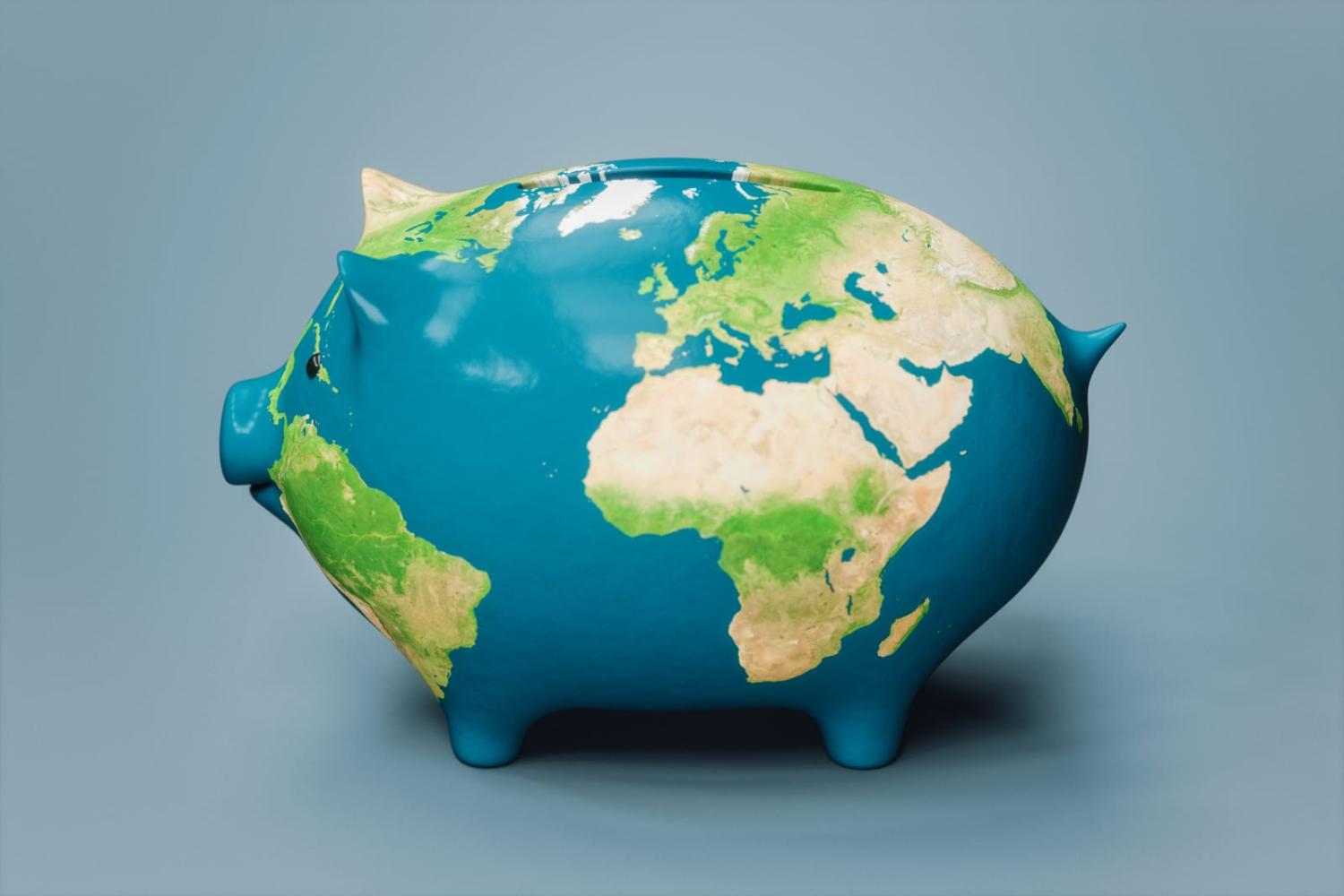Australian miners and bankers are globally competitive wherever they operate. And yet what Australian businesses are doing abroad is rarely celebrated with the same interest as what is occurring at home. Outbound investment is seen as somehow less desirable than inbound.
Successive governments have barely acknowledged the worldwide reach of Australian investment, which has expanded rapidly during the past two decades.
Such mercantilist myopia is at odds with Australia’s position as one of the most trade- and investment-exposed nations on earth, as well as with the performance of Australian companies investing in other nations.
Understanding both investment and trade relationships is crucial to understanding Australia’s place in the world. China is Australia’s largest trade partner, but after adding two-way investment to the mix, the United States emerges as by far the most important economic partner to Australia, as this paper points out.
Australia’s critical minerals policy of June 2023 and announcements of industry financial support are the latest examples of short-sighted, domestically focused investment policy.
This was illustrated following the visit last week by Prime Minister Anthony Albanese to Washington.
The fact sheet released by the White House after Albanese’s meeting with US President Joe Biden includes a commitment to “continuing work through the (US-led) Minerals Security Partnership to promote investment in strategic critical minerals projects across four continents involving Australian and US companies”.
The joint statement on the Prime Minister’s website, however, refers only to “joint action to increase investment in critical minerals mining and processing projects in our respective countries”.
This policy disconnect seems to have led to the announcement (in the White House fact sheet) of the United States providing loan funds to a subsidiary of an Australian company for a graphite mining project in Mozambique, and Australian loans for two domestic projects in South Australia and Western Australia, with the latter processing imported graphite.
Contrary to the commonly held view that investment abroad is somehow a loss or opportunity cost to Australia, operations of Australian companies overseas can return strongly for shareholders as well as their host nations.
The level of Australia’s outbound foreign direct investment in 2022 reached $976 billion – 85 per cent of the stock of inbound FDI. Australia is a major global investor, with manufacturing, financial services and mining together making up 62 per cent of the overseas FDI stock and 55 per cent of domestic direct investment.
While data collection by the Australian Bureau of Statistics has improved for international investment and activities of Australian companies abroad, it seems government policy remains fixated on inbound investment, plus exports.
After a 16-year hiatus, the ABS and the Department of Foreign Affairs and Trade have again published detailed data on the economic activity of Australia-linked businesses abroad. In 2018–19, 5,176 overseas affiliates of Australian companies generated $42.5 billion in profits before tax and returned $15.2 billion to their parents, while spending $25.5 billion in new capital. In addition to taxes paid in their host jurisdictions, these affiliates employed 412,000 people locally and paid $32 billion in wages and salaries.
The big three – mining, manufacturing, and financial and insurance services – generated 90 per cent of those gross profits and 60 per cent of total dividends, while reinvesting capital of $14.7 billion.
Australian business has embraced the opportunities from globalisation. Australian companies are leveraging their obviously world-class knowledge and technology to thrive in new markets and production centres, as well as in Australia.
By most measures, their activities have expanded a lot since data was previously collected in 2002–03. There are now more than four times the number of Australian mining company affiliates abroad, while financial and insurance affiliates have grown by 2.6 times. Manufacturing activity abroad has grown, while the number of manufacturing affiliates has fallen, indicating a consolidation of the sector’s overseas interests.
While headline policies may be deficient, much of Australia’s trade and investment promotion activity seeks to build outbound investment.
Australia’s trade and economic partnership agreements with other nations and groupings emphasise two-way trade and investment, while several include “economic cooperation” chapters that set out how Australia and partner nations will work together to build the latter’s capacity to attract foreign investment and generate greater trade.
DFAT-administered development assistance includes programs to build the ability of developing countries to attract investment and generate more exports. Nations in Asia are prime targets for this economically focused aid.
Austrade stands out as an agency actively promoting Australian investment abroad as well as inbound investment and Australian exports. In mining, for example, Austrade recently alerted Australian investors to opportunities arising from the new administration in the Philippines, to copper and lithium opportunities in Argentina, and to the need for Australian expertise in decarbonising mining operations in east Africa.
Despite such economic diplomacy, headline policies and the commentary of successive governments have remained mostly stuck in a pre-globalisation mindset. It’s possibly because ministers want to avoid awakening long-dormant mercantilist spirits. Or it may be because governments have not caught up with the success of Australia’s companies around the world and the benefits that flow back to Australia.
Either way, it is long past time that government more confidently promoted investment abroad by its companies, in Australia’s own interests.

